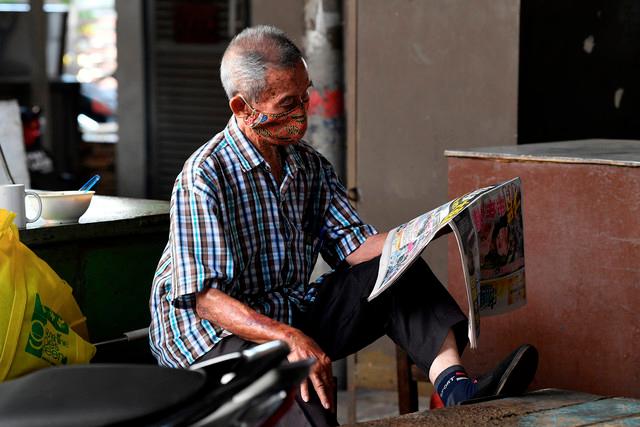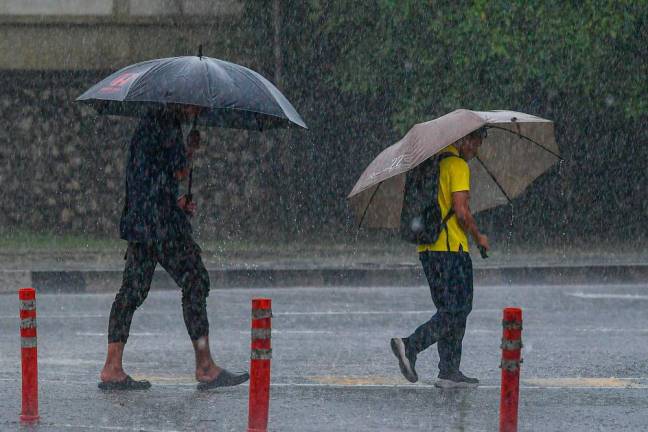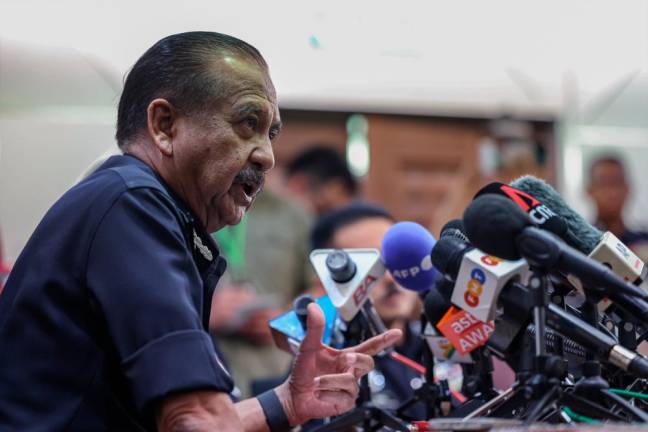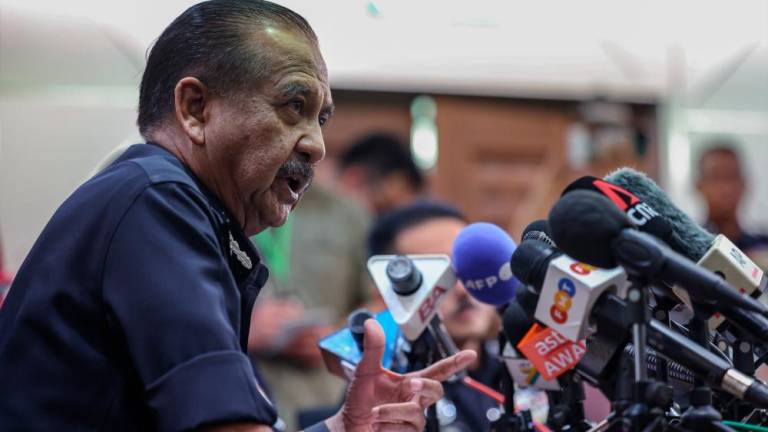PETALING JAYA: Like any Asian society, packing off an aged relative to a home for senior citizens is taboo in Malaysia.
However, the cultural barrier is only one of the factors that may stall the growth of a formalised elderly care sector as envisaged by Minister in the Prime Minister’s Department (Economy), Datuk Seri Mustapa Mohamed.
Affordability is a bigger issue now, according to experts. Senior care is getting increasingly costly, and not many Malaysian households can afford it, according to economist Dr K. Kuperan Viswanathan.
In his opening remarks when launching the World Bank report “A Silver Lining: Productive and Inclusive Ageing for Malaysia” last week, Mustapa noted that the aged care sector can become a new economic driver.
However, he said there is a need to create an enabling market and regulatory environment to private aged care.
Citizens aged 65 and above now make up 7% of the Malaysian population and with longer life expectancy, the proportion is expected to double to 14% by 2044 and rise further to 20% in 2056.
For better or for worse, Malaysia is slowly but surely becoming an aged society. Today, it is the Baby Boomers who are joining the club, and they will soon be followed by the Gen Y and Gen Z.
But while formalised private elderly care may be a boon for high-income nations, it is beyond the reach of most in a developing country like Malaysia.
Of the estimated 7.28 million households in the country, 2.91 million, or 40%, are in the B40 or lower income group, Kuperan pointed out.
Paid elderly care is beyond their financial means. Even for the 40% in the M40 or middle income group, it may be too costly.
It would be some time before Malaysia comes close to seeing a boom in the elderly care business now seen in Western society. In the United States, the value of the home care sector is expected to rise from US$100 billion in 2016 to US$225 in 2024.
Kuperan said Malaysia is also not ready for such a big cultural change.
“We don’t put our seniors in an old folk home unless it is absolutely necessary. It just goes against our cultural values.”
In contrast, economist Prof Dr Barjoyai Bardai expects the elderly care market to grow despite the cultural barrier.
“We can expect silver-haired citizens to make up 35% of the population in two decades and that is a sizeable business opportunity there,” he said.
But apart from personal care services, he expects a large proportion of that growth to come from the sale of gadgets, equipment and clothes for better living for seniors.
According to professor of Economics at Sunway University School of Business, Dr Yeah King Leng, increased productivity among those aged 50 and above could open up a new “silver economy” and that could mitigate the impact of ageing and shortage of talent.
“Malaysia’s low labour force participation also provides another avenue to boost the silver economy,” he said.
“By encouraging businesses to employ retirees, a larger proportion of our resources can be put to productive use.”
That could ease the burden on the government to ensure adequate social protection for this aged group, particularly those who do not have sufficient retirement funds.
And that could possibly the answer to the elderly care problem.














